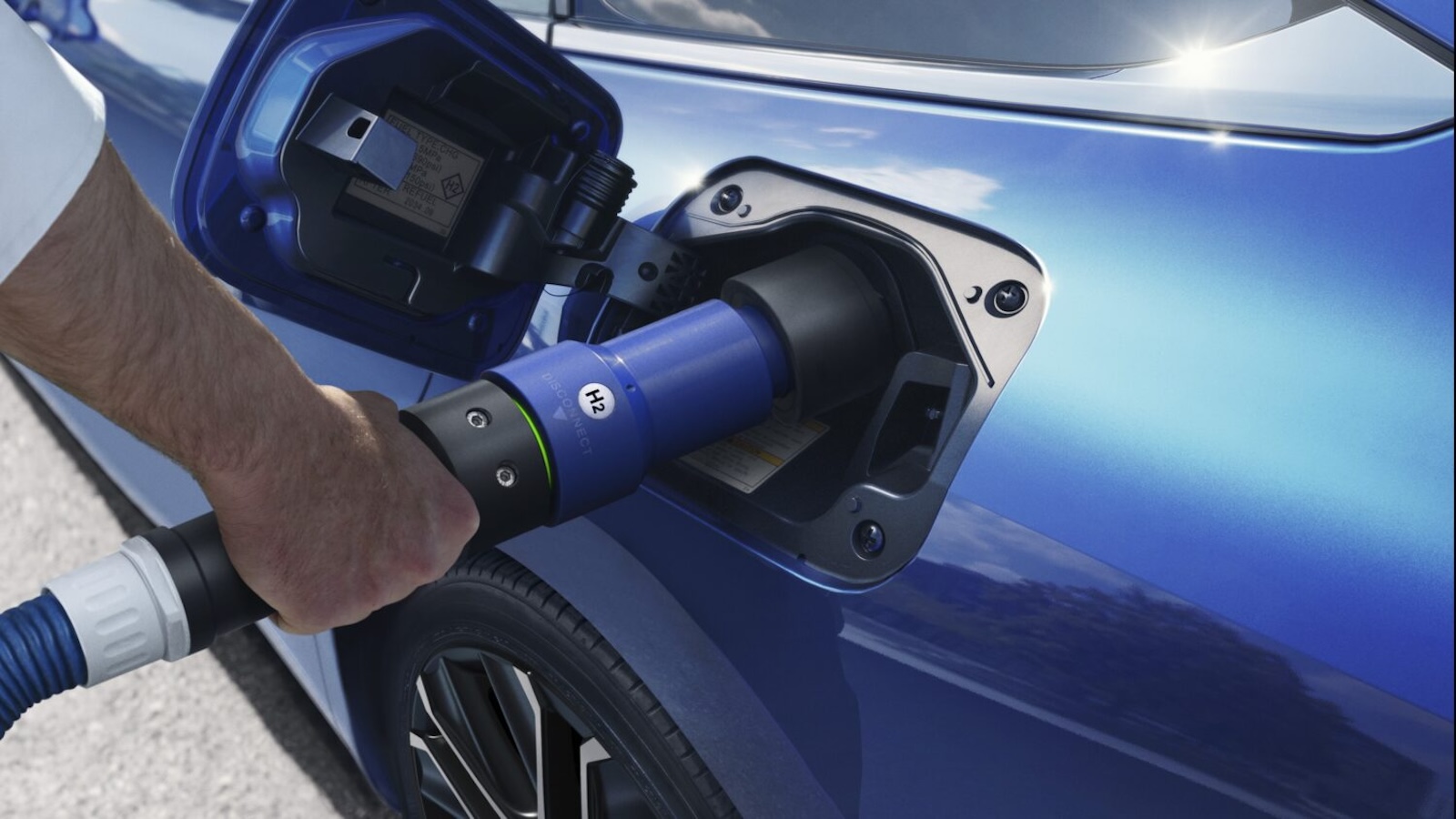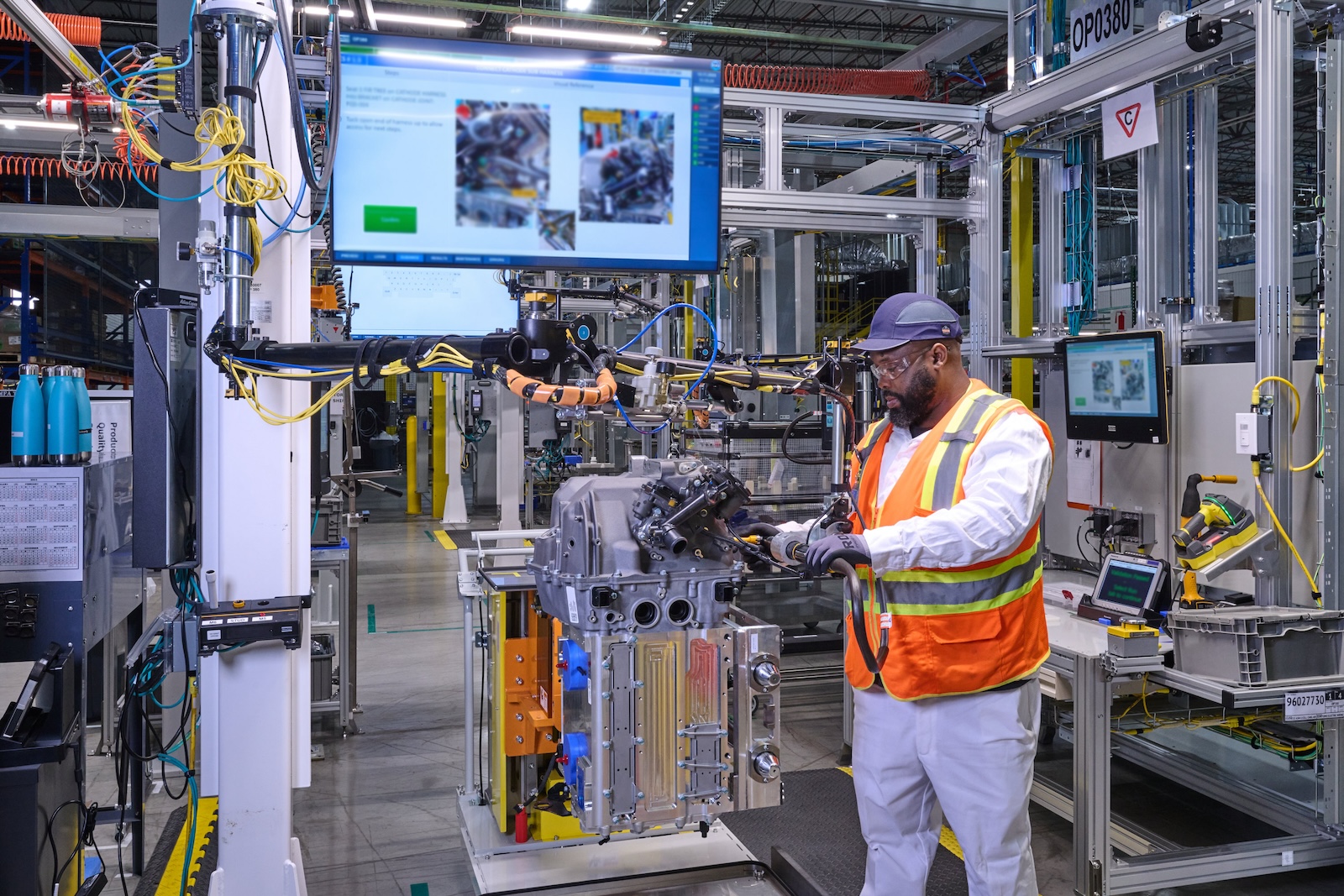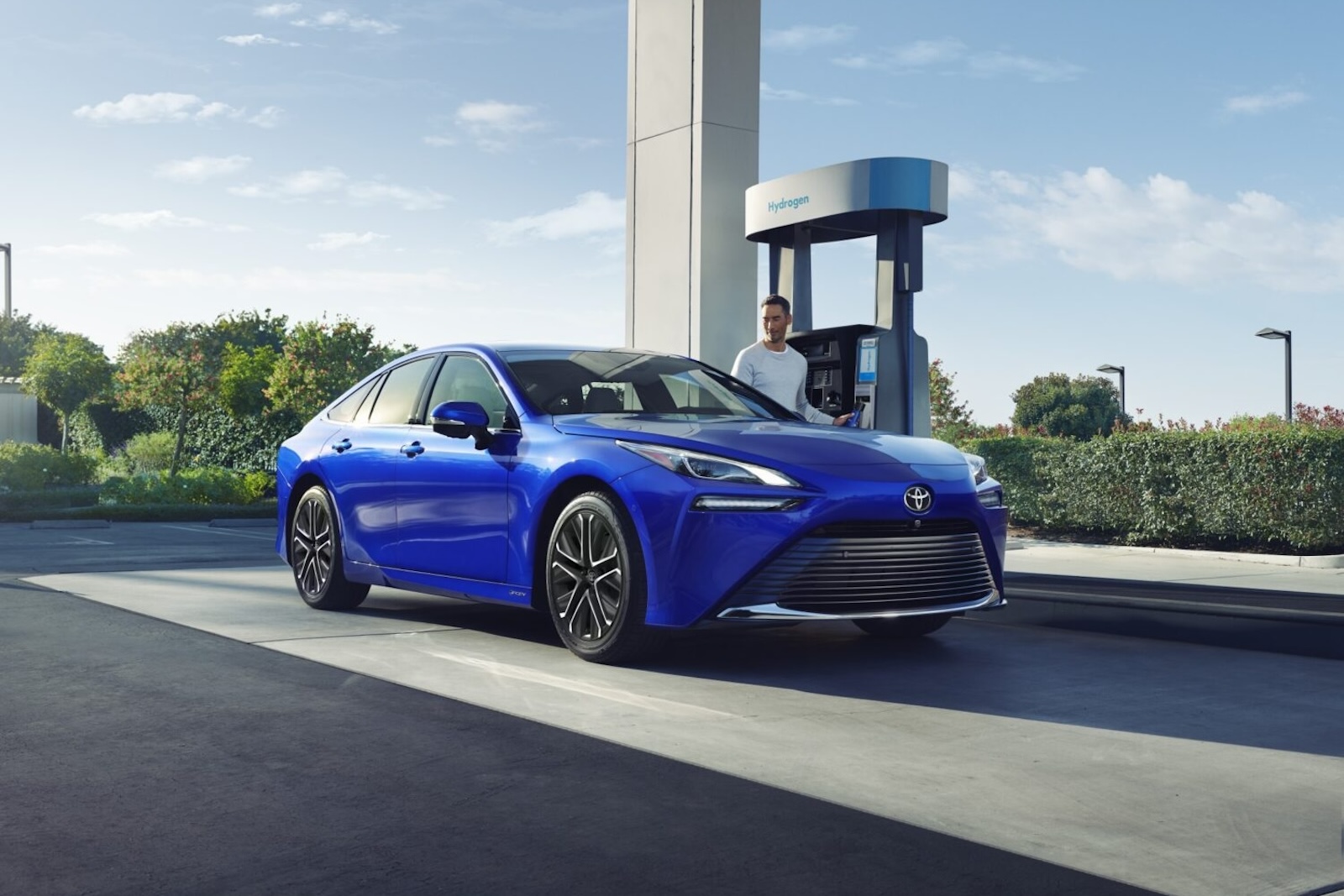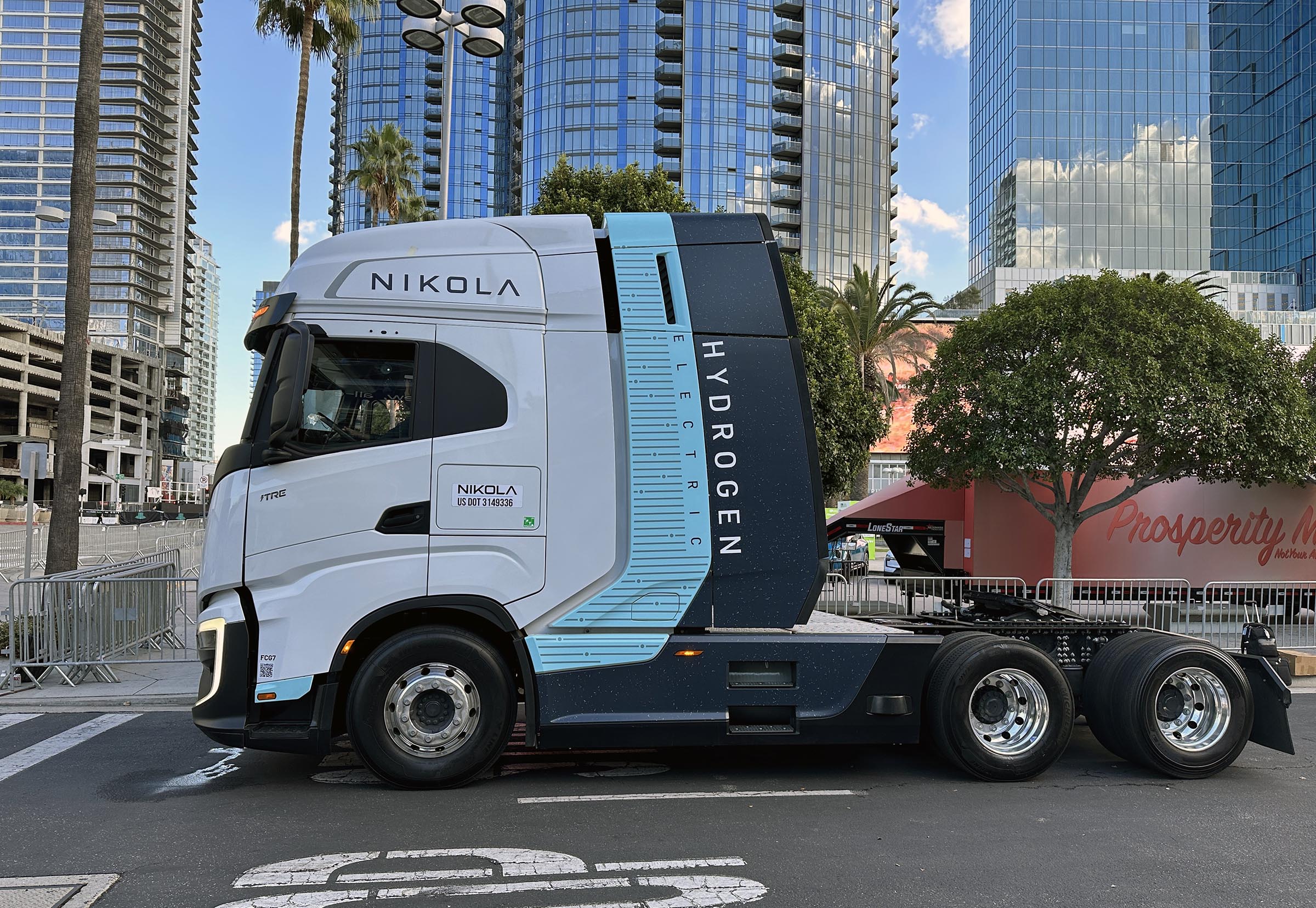When Toyota introduced the Mirai fuel-cell vehicle three years ago the automaker tossed in an appealing incentive, $15,000 worth of the hydrogen needed to power it up. At the time, it cost just over $70 to fill Mirai’s 5.6-kilogram tank. Today, you’ll pay over $200 – if you can find the lightweight gas, as many of the stations providing it have run dry. And that’s threatening to short-circuit the “hydrogen economy” that fuel-cell proponents have predicted is just around the corner.

Filling up on hydrogen has become substantially more expensive — and a number of stations have been running short lately.
Hydrogen fuel-cell vehicles were a major topic at this month’s Consumer Electronics Show in Las Vegas. Truck start-up Nikola offered rides in its hydrogen-powered Class 8 semi. Honda, Hyundai and Toyota talked about plans for expanding their future fuel-cell line-ups. This week, in fact, Toyota is showing off an updated version of the Mirai fuel-cell vehicle first launched three years ago.
Yet, skeptics are raising anew questions about whether we’ll ever see the promised transition to a “hydrogen economy.” True, fuel-cells have some significant advantages. They can deliver more range than battery-powered vehicles. And fill-ups take just minutes, rather than the hours needed to recharge a battery pack. But there’s one critical problem: skyrocketing costs.
Lighter than air; more costly than gas
When Mirai debuted in early 2021, the average retail price for a kilogram of hydrogen was around $13. To fill its tanks – which hold about 5.6 kilograms of the fuel – cost just over $70. Currently, motorists are paying an average $33.48 per kilogram, according to S&P Global Commodity Insights. That works out to just over $201 per fill-up.
When Toyota launched Mirai, it sweetened the deal by offering to cover $15,000 worth of hydrogen. Considering the fuel-cell vehicle was EPA rated at up to 402 miles range, a customer could travel more than $86,000 before it took a penny out of their pocket. Today, that deal will let you travel just 30,000 miles.
Supply shortages
A major part of the problem is an ongoing supply shortage. Data from the Hydrogen Fuel Cell Partnership shows that at any moment, as many as a third or more of the hydrogen filling stations in California have run dry. In November 15 of the 29 locations in metropolitan Los Angeles tracked by the an industry consortium were out of the fuel.
“Logistical woes and high prices stall California H2 market development,” reads the headline of a study released by S&P this week.
Hydrogen is the most abundant element in the universe but, on Planet Earth, found only in compounds like fossil fuels or water. For environmental reasons, the preference is to electrolyze, or crack, water which is made up of two parts hydrogen, one part oxygen.

An employee, at FCSM – the GM-Toyota joint venture – assembles a fuel cell system in the module final assembly at Fuel Cell System Manufacturing LLC, GM and Honda’s fuel cell joint venture in Brownstown, Michigan. (Photo by Santa Fabio for General Motors)
“Multiple factors have caused this increase — higher labor and material costs, higher cost for building the balance of electrolyzer plants, 3-5 percentage points higher cost of capital, and an increase of renewable power cost by more than 30%,” noted the trade publication HydrogenInsight.
More Hydrogen News
Hyundai doubles down on hydrogen
We test drive BMW’s hydrogen-powered X5
GM, Honda launch fuel-cell production
Fuel of the future?
“Hydrogen is the fuel of the future – and always will be,” skeptics are fond of saying.
Fuel-cell technology was first conceived nearly 170 years ago, but only saw its first practical application providing power for the Apollo lunar capsules on the way to and from the moon. Over the past 30 years, automakers have been working on ways to commercialize the technology with BMW, Honda, Hyundai and Toyota putting hydrogen-powered vehicles into consumers’ hands. Several manufacturers, including start-up Nikola, are working on heavy-duty trucks, promoting their range and quick refueling.
Hyundai and General Motors, meanwhile, are looking at yet other opportunities. The Korean company’s new HTWO subsidiary is exploring applications in shipping and aircraft. GM will use the fuel-cell stacks from a new joint venture with Honda for stationary and mobile generators and have even looked at fuel-cells as an alternative to diesel-hybrid for locomotives.
But without expanding supplies while also reducing cost, experts warn, potential markets for hydrogen power could quickly dry up, even before there is a serious market.




0 Comments